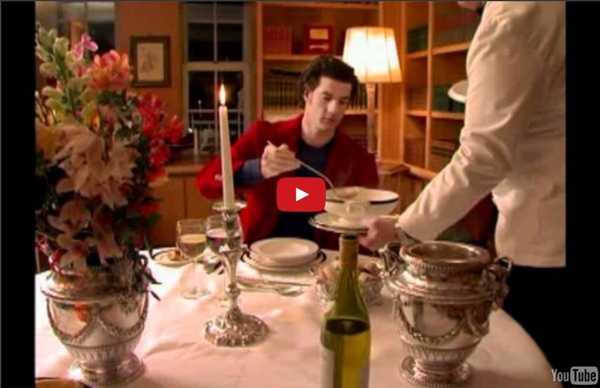



Corporate America Recognizes Eroding Middle Class The world of business is admitting what working people have been living: the middle class is dying: In Manhattan, the upscale clothing retailer Barneys will replace the bankrupt discounter Loehmann’s, whose Chelsea store closes in a few weeks. Across the country, Olive Garden and Red Lobster restaurants are struggling, while fine-dining chains like Capital Grille are thriving. NY Times: The Middle Class Is Steadily Eroding. What this may mean is more and more bubbles, as the wealthy chase higher returns that can not be created by an economy without middle class demand. The income and wealth inequality in our nation is immoral and bad for business. Update I: From bobswern in the comments: Elizabeth Warren Dec. 4th, 2009... (2+ / 0-) This was in 2009...back when Democrats controlled both the House and the Senate... Elizabeth Warren Alternet.org December 4, 2009 Can you imagine an America without a strong middle class? (Load)(Load)(Load)(Load)(Load)(Load)(Load)
Robert Reich: How Increasing Numbers of Americans are Saying 'No Deal' to Absurd Inequality Every year I ask my class on “Wealth and Poverty” to play a simple game. I have them split up into pairs, and imagine I’m giving one of them $1,000. They can keep some of the money only on condition they reach a deal with their partner on how it’s to be divided up between them. I explain they’re strangers who will never see one other again, can only make one offer and respond with one acceptance (or decline), and can only communicate by the initial recipient writing on a piece of paper how much he’ll share with the other, who must then either accept (writing “deal” on the paper) or decline (“no deal”). You might think many initial recipients of the imaginary $1,000 would offer $1 or even less, which their partner would gladly accept. But that’s not what happens. This game, or variations of it, have been played by social scientists thousands of times with different groups and pairings, with surprisingly similar results. Some might call this attitude envy or spite.